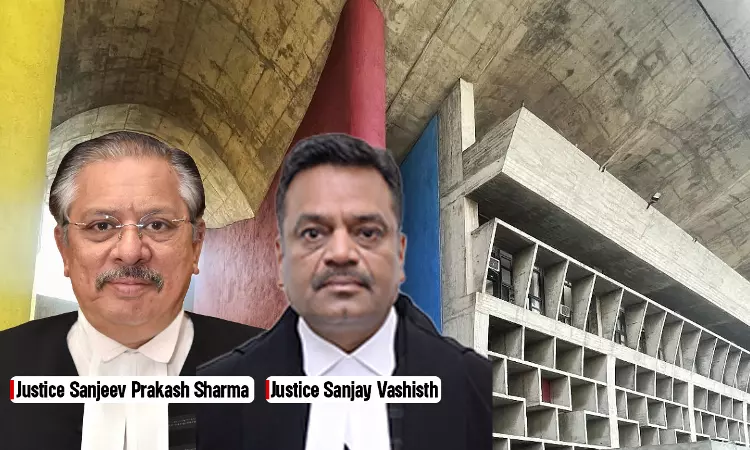Presumption Of Undervaluation Can't Be Drawn Just Because Of Higher MRP Rate On Product: Punjab & Haryana HC
Mehak Dhiman
7 Sept 2024 5:13 PM IST

Next Story
7 Sept 2024 5:13 PM IST
The Punjab and Hayana High Court stated that the presumption cannot be drawn that invoices are undervalued merely because MRP Rate mentioned on the product is higher. The Bench consists of Justices Sanjeev Prakash Sharma and Sanjay Vashisth observed that “it is also not a case of the State authorities that the invoices were different for the assessee in comparison to...
